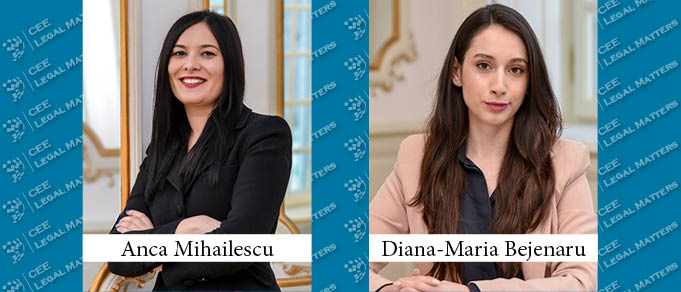Here is some good news for the renewable energy industry:
Law no. 254/2022 amending and supplementing Law no. 18/1991 on land fund (hereafter the “Law”) has been published in the Romanian Official Gazette. The Law provides for measures to make the permitting process for renewable energy projects easier by reducing land planning formalities and thus, project development time.
The main points of the Law are:
- Solar, wind, biomass, bioliquid and biogas projects can be developed outside city limits (Romanian: extravilan). Thus, it is no longer necessary to designate land inside city limits or to draw up the related zonal urban plan (PUZ)
- As before, projects cannot be implemented on agricultural land of quality type I or II
- Permanent/temporary removal of the land from agricultural designation is still necessary. This formality will be included in the building permit process
- An innovation for the Romanian legislation is the introduction of dual use of land located outside the city limits i.e. for agricultural use and energy production. As per the Law, only the portion of the land actually occupied by the energy production facility will no longer be removed from agricultural designation; the designation of the other portion of land will remain unchanged
- It is to be noted that pastureland can be designated for dual use, but arable land cannot
- All of the above points apply to projects covering an area of up to 50 hectares
- Removal from agricultural designation is subject to a fee, but dual use of land does not currently require any payment (no further provisions has been enact-ed in relation to dual use of land)
The Law applies only until 31 December 2026. It remains to be seen if and how the law will be amended/extended for the period thereafter. Also, the legal status of projects started but not finalized by the end of 2026 must be analyzed on a case-by-case basis.
In closing, we note that coordination is necessary between the Law and the recent amendment to Romanian construction law by Law no. 159/2022, which provides that building permits may be issued without land planning documentation for production of electricity from renewable sources and hydrogen.
By Anca Mihailescu, Associated Partner, and Diana-Maria Bejenaru, Associate, Noerr



